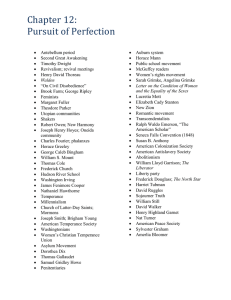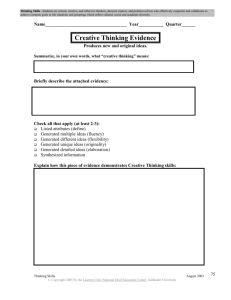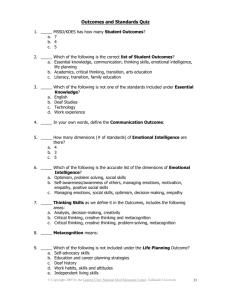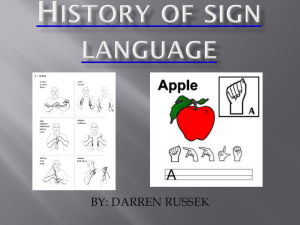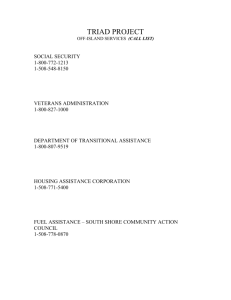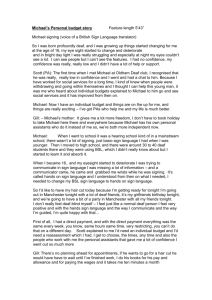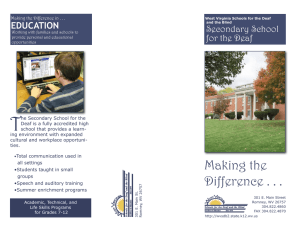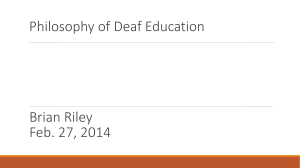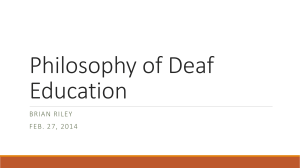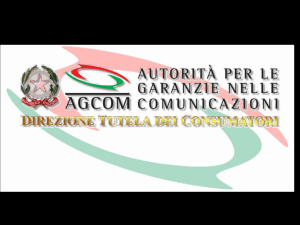Chapter 11
advertisement
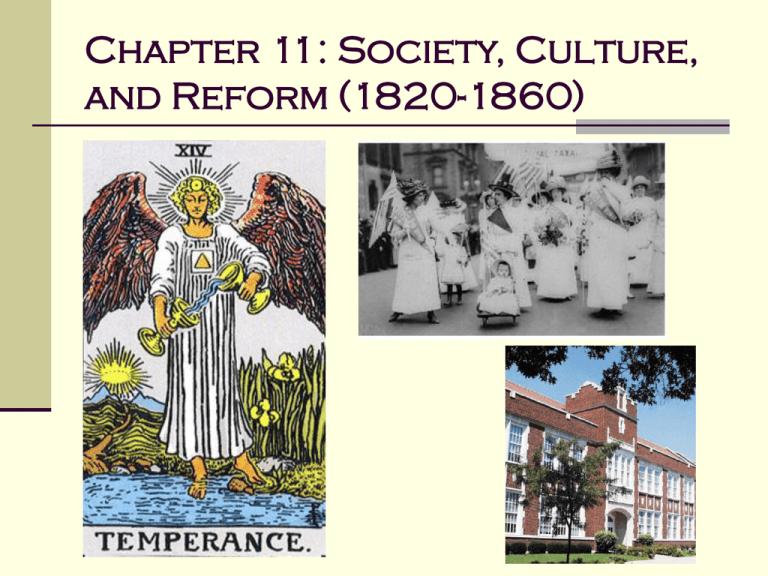
Chapter 11: Society, Culture, and Reform (1820-1860) Second Great Awakening Revivals in New York: Charles G. Finney Baptists and Methodists: Peter Cartwright Millennialism: William Miller Mormons: 1) Joseph Smith 2) Brigham Young (New Zion) Caused division between newer sections and older Protestant churches Culture Transcendentalists mystical and intuitive way of thinking. Means of discovering one’s inner self and looking for the essence of God in nature. Ralph Waldo Emerson (18031882) “The American Scholar” 1837 address at Harvard. Break away from British control. Self-reliance, independent thinking. Spiritual matters over material matters. Henry David Thoreau (18171862) 2 year experiment alone in woods, find truth of life and universe. Walden (1854) pioneer ecologist and conservationist. “On Civil Disobedience” advocate of nonviolent protest. Brook Farm Communal Experiments New Harmony Oneida Community Arts & Literature Hudson River School Painters George Caleb Bingham: common people doing ordinary things. William S. Mount: rural compositions Thomas Cole & Frederick Church: beauty of American landscape Literature Washington Irving James Fenimore Cooper - Leatherstocking Tales Temperance Public Asylums; mental hospitals, schools for the deaf and blind, and prisons Dr. Samuel Gridley Howe (school for blind) Thomas Gallaudet (school for the deaf) Dorothea Dix Public Education Horace Mann William Holmes McGuffey Changing Families Cult of Domesticity Women’s Rights Movement Sarah & Angelina Grimke Lucretia Mott Seneca Falls Convention 1848 Elizabeth Cady Stanton Susan B. Anthony Antislavery Movement American Colonization Society 1817 William Lloyd Garrison The Liberator Frederick Douglass The North Star
